On 8th July a group of 33 first year undergraduate nursing students attended a dementia themed workshop, led by Dr Michelle Heward from the Ageing and Dementia Research Centre (ADRC), to gain insight into the lived experience of dementia. The day included an Alzheimer’s Society Dementia Friends session and simulation activities from the Dementia Education And Learning Through Simulation 2 (DEALTS2) programme, including the A Walk Through Dementia virtual reality app.
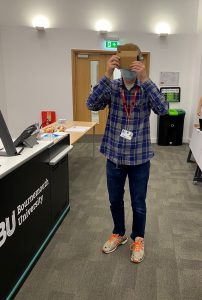
DEALTS2 uses an experiential learning approach to put trainees into the ‘shoes of a person with dementia’ to gain an insight into how the condition impacts on the person. In 2017, Health Education England commissioned the ADRC team to replace their original DEALTS programme with a new and improved version aligned to the learning outcomes of the national Dementia Training Standards Framework. Our research demonstrates that the training programme is being used nationally in acute care settings and has effectively increased trainer knowledge of dementia and confidence to utilise innovative training approaches (Heward et al., 2021). On the day it was great to see the students engaging positively with the innovative training approaches to gain a unique understanding of the lived experience of dementia.
The dementia day is part of a simulation programme being delivered by the Clinical Skills Nursing team at Bournemouth University. The simulation programme has been designed and created in response to a current shortage of nursing placements due to the ongoing COVID-19 pandemic. The placement has allowed the students access to varying specialist nurses and healthcare providers, from Nutrition Nurse specialists to Advanced Clinical Practitioner nurses working within the Air ambulance service, giving the students access that they may not have encountered within their practice.




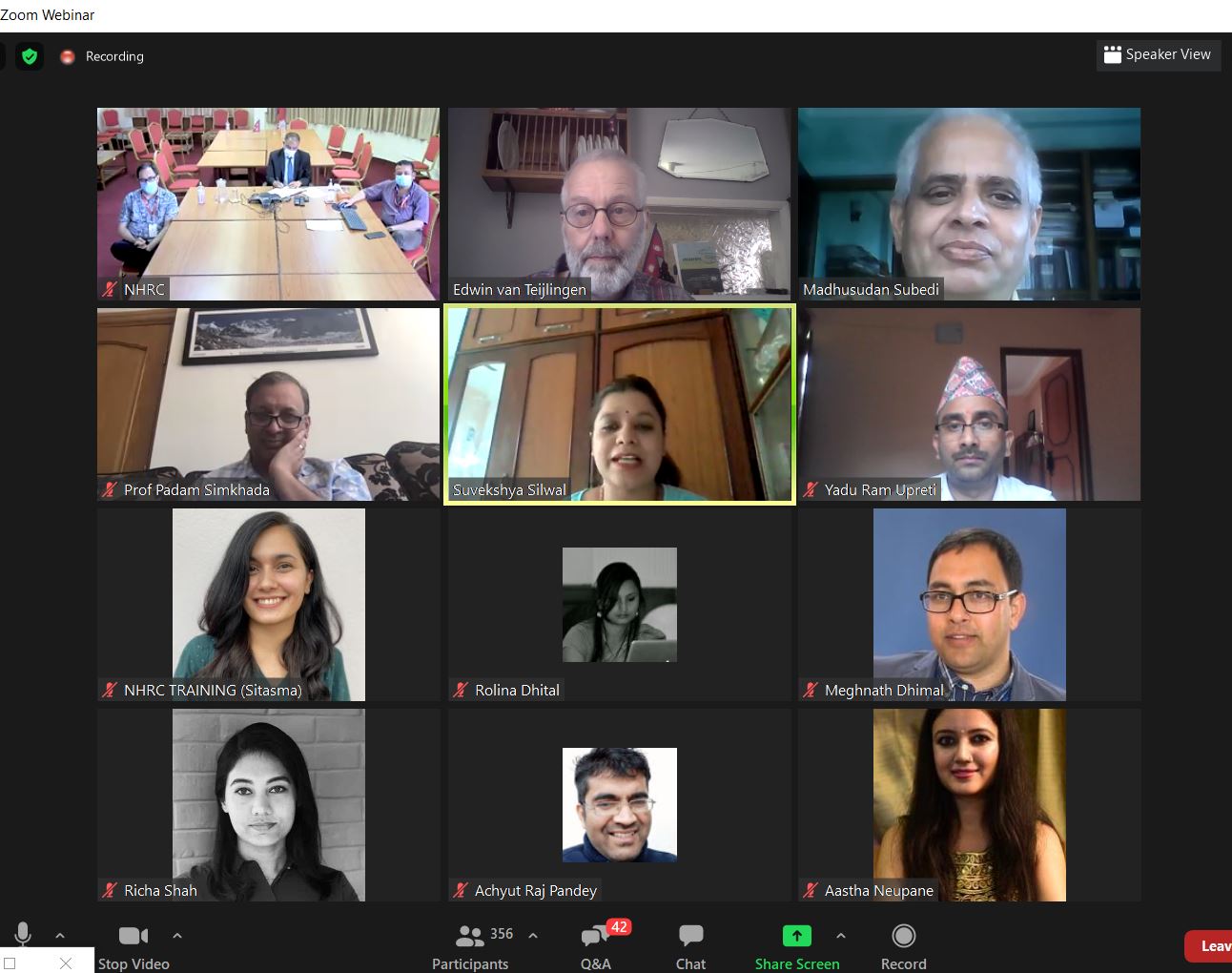

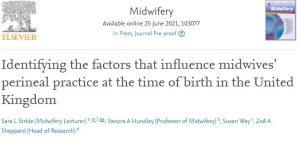

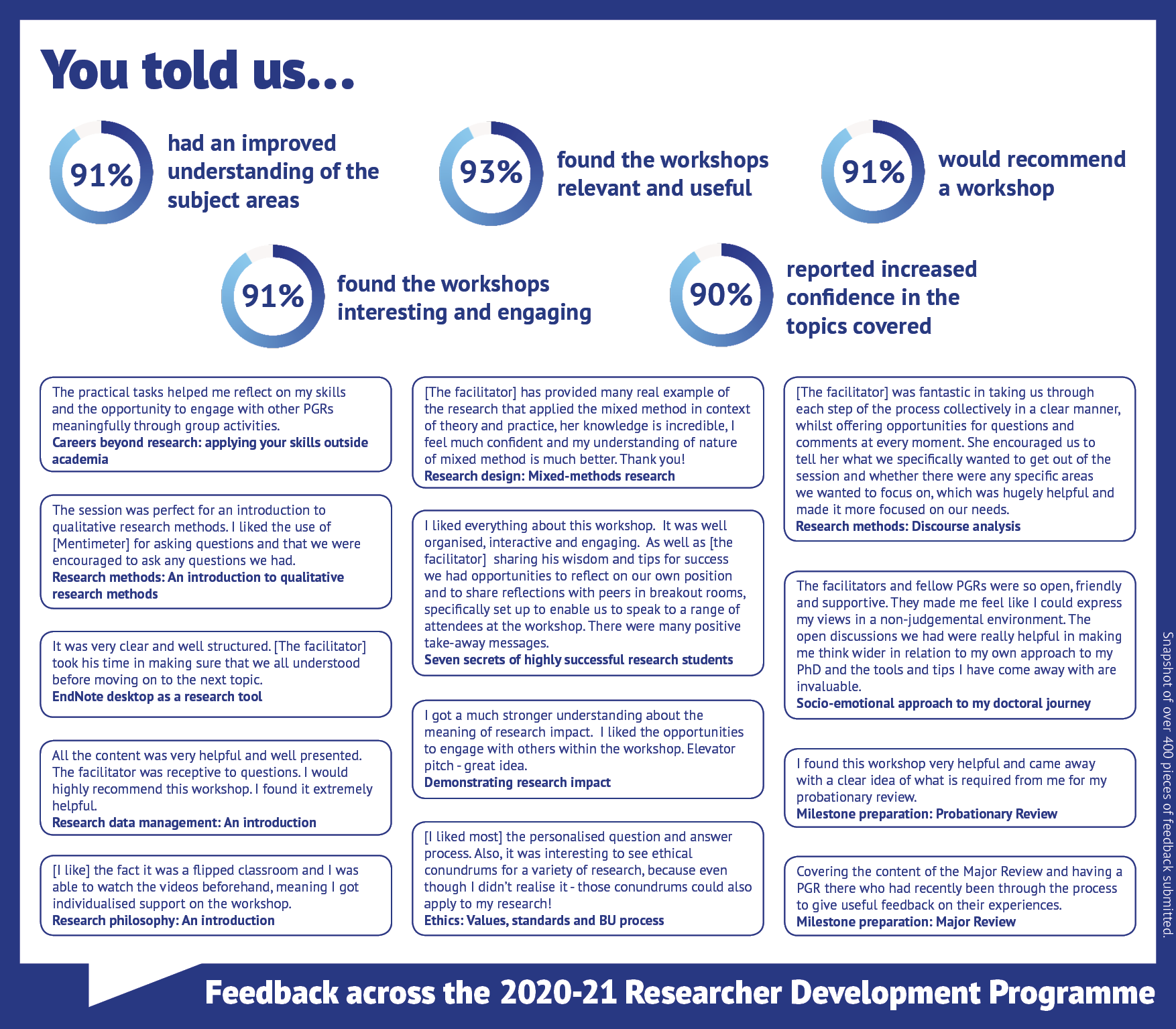
 The following training events are coming up this month and next month. These are all online events.
The following training events are coming up this month and next month. These are all online events.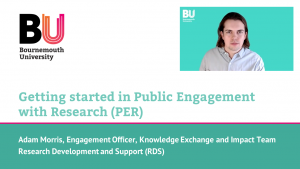

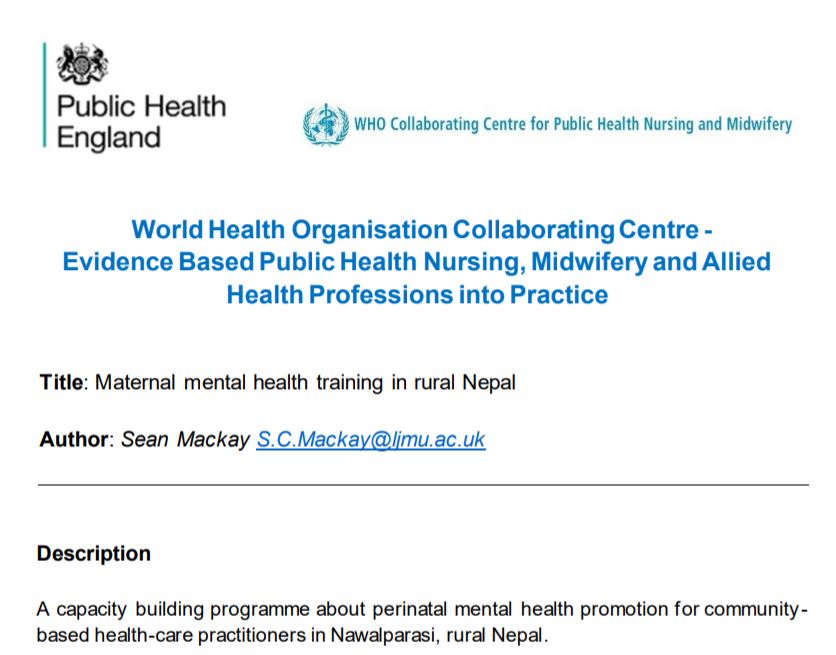
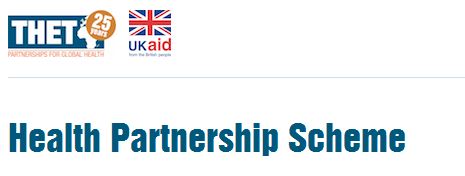
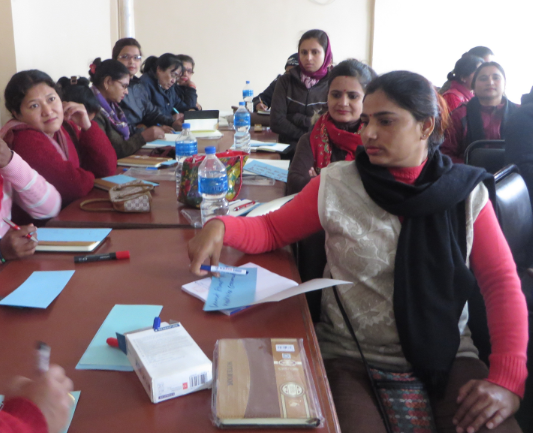

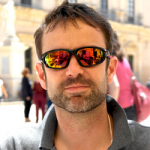 Tuesday 13th April – Thursday 15th April 2021
Tuesday 13th April – Thursday 15th April 2021










 Dr. Ashraf cited on ‘Modest Fashion’ in The Guardian
Dr. Ashraf cited on ‘Modest Fashion’ in The Guardian NIHR-funded research launches website
NIHR-funded research launches website Academics write for newspaper in Nepal
Academics write for newspaper in Nepal New paper published on disability in women & girls
New paper published on disability in women & girls MSCA Postdoctoral Fellowships 2025 Call
MSCA Postdoctoral Fellowships 2025 Call ERC Advanced Grant 2025 Webinar
ERC Advanced Grant 2025 Webinar Horizon Europe Work Programme 2025 Published
Horizon Europe Work Programme 2025 Published Horizon Europe 2025 Work Programme pre-Published
Horizon Europe 2025 Work Programme pre-Published Update on UKRO services
Update on UKRO services European research project exploring use of ‘virtual twins’ to better manage metabolic associated fatty liver disease
European research project exploring use of ‘virtual twins’ to better manage metabolic associated fatty liver disease